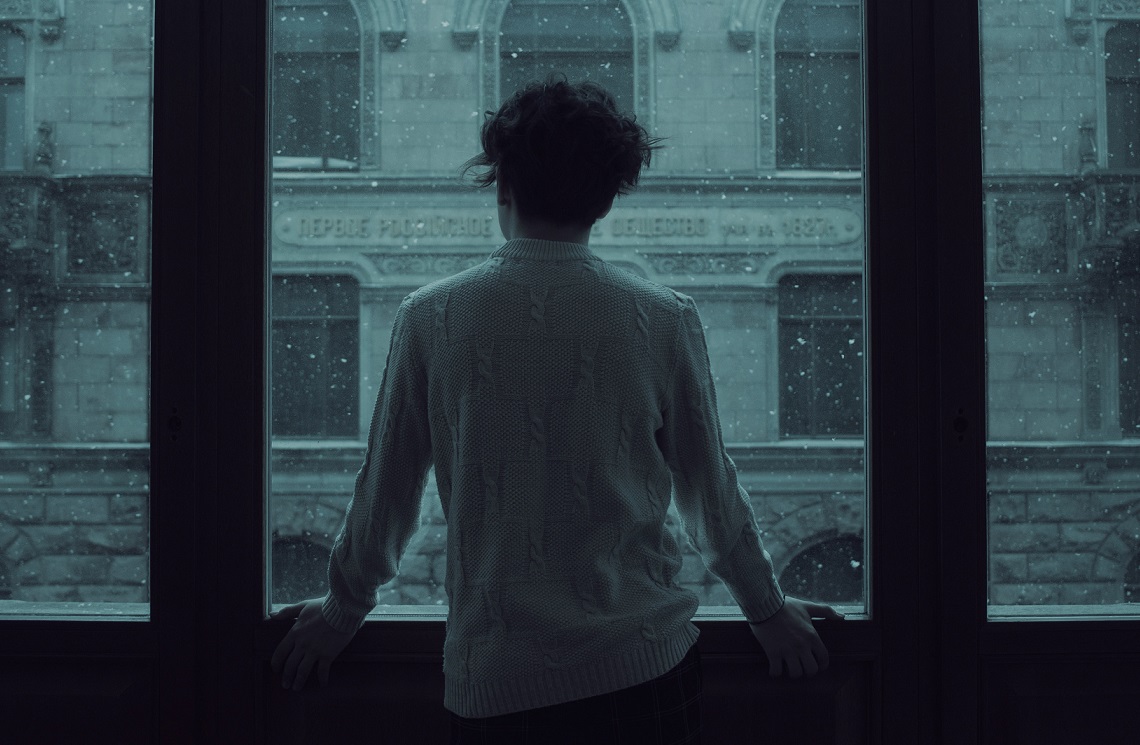Photo by Daniil Onischenko on Unsplash
Whilst shame is a naturally occurring emotion (perhaps playing some role in keeping groups/societies cohesive) there’s no doubt that what we feel shame about is learned.
Shame and its close cousins, guilt and embarrassment, can also be devastating.
As I’ve explained in this blog before, I carry a lot of shame about my sexuality and about being kinky. I was thinking a lot the other day about where I got that shame from.
No doubt, as I’ve alluded too in other articles a lot probably comes from growing up in North Manchester in the 1980’s, in a very carefully controlled and policed social environment. What was acceptable and what was not was very clear. Violence, mockery and social isolation awaited those who did not comply totally. Even being suspected of not matching the prescribed model was enough to draw bullying.
But when I thought really hard, I realised, there were lots of other contributions a long the way also. Some of them were not immediately obvious.
It would have been 2004 when season 1 of Desperate Housewives aired in the UK. I was 23 and at a difficult point in my life. I was in my first “real job” but struggling to handle it, putting myself under a lot of pressure to prove myself. Combined with this, I was a virgin, had never had a serious girlfriend and still lived at home with my parents. I was really afraid of the future. I couldn’t see myself in my own home, with a relationship or a family. I just didn’t know “how”. It seemed so far away.
In those days, we didn’t have the incel trope (or any of the associated ideologies) to cling to. I was angry, lonely and confused. The thing I understood least was my sexuality. Sex for me, or the idea of it, always came back to whips and chains somehow. But I didn’t “get it.” I thought it might be something I grow out of. Or maybe, just maybe, I’d find a girlfriend who liked the same things – although that seemed hopeful.
It was against this backdrop, I watched the first few episodes of Desperate Housewives. I didn’t really like it or have any interest in it. But these were the days before Netflix, Disney+ and on demand media streaming. Choice was low (we only had 5 channels, our TV didn’t support freeview yet) and new shows were something you often tried.
And it was in the first few episodes, I saw this segment
The jokey, pokey clown music. The reaction. The accusation. The jokes. The disgust. The way it wasn’t portrayed even accurately or with any sensitivity, merely as something to be giggled at. As something that was for “disgusting men.”
The jokes about safe words. The man having to BEG, almost emotionally blackmail his reluctant and disgusted wife into doing those “vile” things he wanted. Mens sexuality was disgusting, shameful. Only fit for mockery, jokes and looking down upon.
It re-enforced the blueprint for me of how opening up to a sexual partner – a wife- would be. It re-enforced I wasn’t normal. And that I should be ashamed of it.
It cemented the idea I’d best keep it to myself.
And so I did.
And 20 years later, I am Rex.
I’ve used other women to satisfy that part of myself. I’ve become exactly the caricature that made me shrink away from the screen in embarrassment.
And I hate it.
And things aren’t better. That clip was posted to YouTube 3 years ago. Look at the comments on the clip.
It’s hard sometimes to see being kinky and having fetishes as anything but a curse. I wish so often I could end my sexuality and leave the shame behind.
And I’m sure the answer is actually just so easy – but yet seems just so hard.
